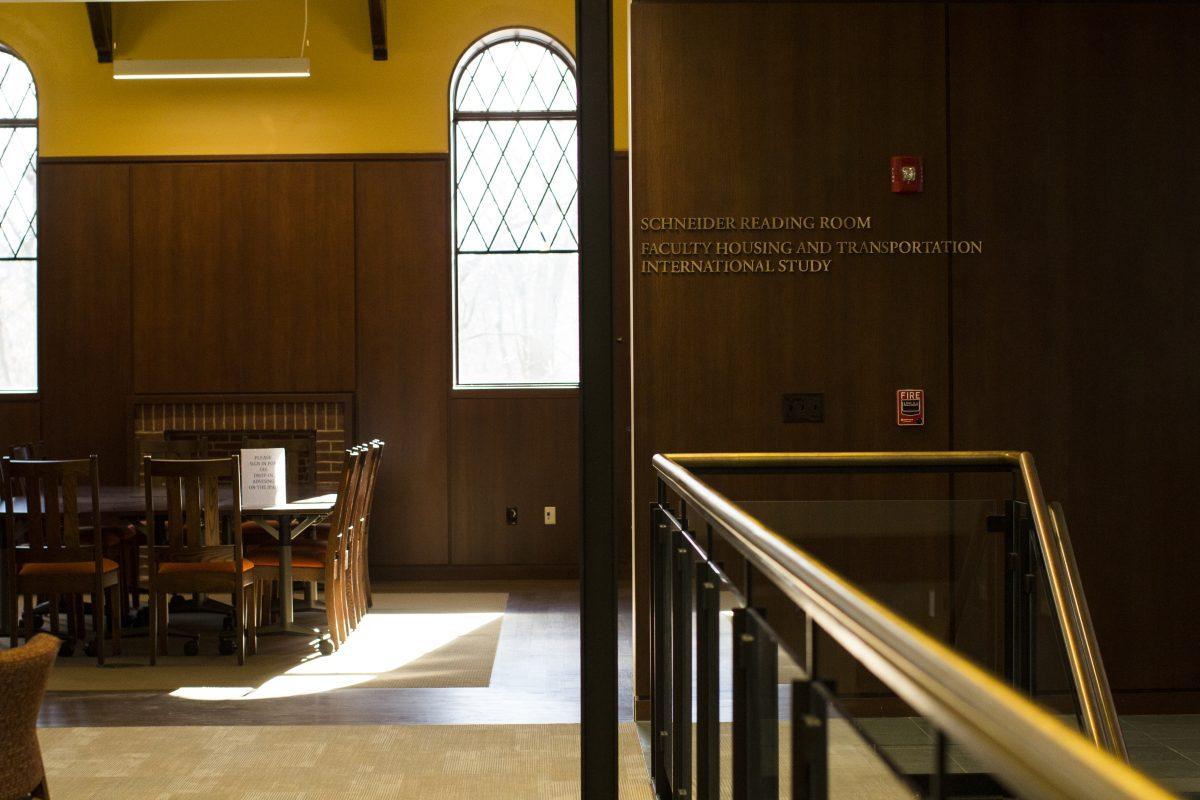Preparing for medical school can be is an arduous process, once the extensive admission requirements are taken into consideration. An important part of those requirements, and perhaps also the trickiest one is the prerequisite courses that pre-med students are required to take. Not only is the number of required courses quite large, spanning across several different fields (Biology, Chemistry, Biochemistry, Calculus, Physics, Statistics, Psychology, Neuroscience), but it also varies among institutions (most medical schools recommend 2 semesters Biology with lab but University of Texas medical school may require 4 semesters, 2 with lab) and application rounds.
The pressure to fulfill all of the prerequisites, together with the fact that prerequisite courses for medical, dental and veterinary schools must be taken at U.S. institutions as defined by most U.S. medical schools, has discouraged many students planning to pursue the health profession from taking a semester or a year abroad.
However, Wellesley College and the Office of International Study in particular have been working hard to provide pre- med students with equal study abroad opportunities as students of the humanities, who have traditionally benefited more from study abroad programs.
Since 2012, Wellesley has organized an annual Study Abroad Science Fair. According to Jennifer Thomas-Starck, Director of the Office of International Study, the goal of the fair is to demonstrate that Wellesley College values study abroad for all students, including science majors.
More recently, even more effort to provide pre-med students in particular with chances to experience colleges in foreign countries was made recently. Starting from fall 2016, Wellesley’s new Pre-Med semester at Jacobs University in Bremen, Germany was implemented. “We are piloting that program now. Wellesley Professor Jim Moyer has accompanied a group of 11 students to Germany, where he is teaching one of the required pre-med courses CHEM 220/222 to our students there,” Thomas-Starck said. “In addition to that course, our students take a course in European health care with the option to do a clinical internship and join a research lab. This is a completely new model for us, and we are very excited about it.”
Wellesley’s Pre-Med semester at Jacobs University is the very first, and until now the only, international study program at Wellesley offering prerequisite courses which are accepted by U.S. medical schools. The reason is that it is taught by a Wellesley professor and will appear with a grade on the Wellesley College transcript.
However, this limited choice obviously cannot satisfy every pre-med student who might feel interested in spending a semester or a year abroad. Paige Tears-Gladstone, a junior on the pre-med track gave one reason: “I may have heard something about a semester in Germany, but I think it requires some level of proficiency in German. I’ve studied Japanese so that wouldn’t do me any good. Yuriko Fukumura, a pre- med sophomore who is now majoring in Neuroscience said, “I’ve heard about the program, but I also learned that the school and the courses are very similar to Wellesley. While I love Wellesley, I am seeking a different experience abroad, so I am not planning on going there.” When asked about other programs, she replied: “I don’t think there are many study abroad programs for science students, and it seems like Wellesley discourages students from trying to get their pre- med requirements in their abroad semester.”
Although it is true that as of every other study abroad programs, courses taken in foreign universities still will not fulfill pre-med requirements, this fact does not mean there is no point in studying abroad while they are on the pre-med track, as many students assume. Thomas-Starck emphasized that “Pre-med students can attend pretty much any study abroad program with proper planning. While they cannot complete the required pre-med courses abroad, they can fulfill major, minor and distribution requirements, even in the sciences, and also gain valuable experience through coursework, research and volunteer or internship opportunities.” She outlined: “As of Fall 2016, it is possible to study Biology and Neuroscience in our Wellesley-in-Aix program, which is long thought to be only for French majors. Likewise, in Bologna, a full cadre of science courses are available, and new materials promoting the study of Math, Biology and Neuroscience as well as Computer Science have been created this year.”
Also according to Thomas-Starck, students can advance their preparation for medical schools during their time studying abroad through many ways, as they will have the chance to learn about various approaches to healthcare and health issues in their host family and host community, which is a precious global experience. She believed those students would actually make better medical school applicants as well as better practitioners.
The advice seems well-founded; however its applicability is still of question. Page Tears-Gladstone said: “I’ve studied abroad in the past and loved it though that was in a humanities field.” Yet, despite fulfilling her humanities requirement and finding her experience rewarding, she still worried that she would not be able to complete medical school prerequisites in time, and believed this experience wouldn’t be comparable to be able to taking a qualified pre- med courses abroad. Fukiemura, who is also thinking of studying abroad, admitted she would probably need to take a gap year, as well as delay taking the MCAT.
Admittedly, the efforts of the Office of International Study to make studying abroad more accessible to science, and in particular pre-med students, has been visible over the past few years, culminating with the Pre-med Program in Bremen. Its points about the benefit of studying abroad for pre-med students also seem persuasive. However, it is too soon to tell whether that effort will be effective. Although students pursuing the health profession are considering enrolling in programs in foreign universities. Many others still hesitate, because a semester or two abroad could interfere with the completion of pre-med requirements.






